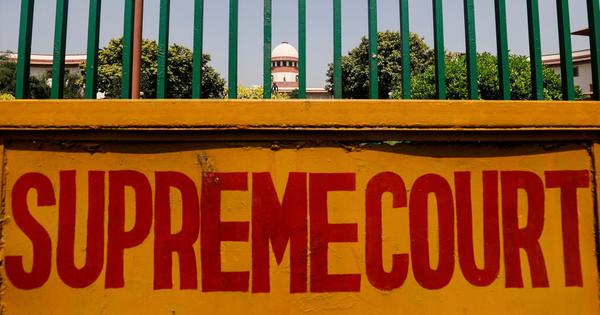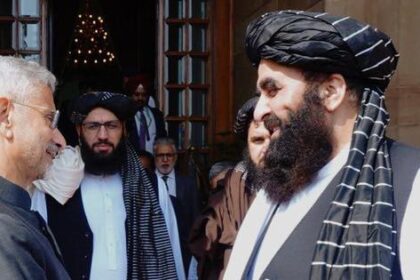Petitioner directed to address concerns to the Election Commission rather than the Supreme Court.
The Supreme Court has declined to hear a petition requesting the formation of a Special Investigation Team (SIT) to investigate allegations made by Congress leader Rahul Gandhi regarding electoral roll manipulation in the Bengaluru Central parliamentary constituency. The bench, comprising Justices Surya Kant and Joymalya Bagchi, advised the petitioner, Rohit Pandey, to take the issue up with the Election Commission of India (ECI) instead.
Pandey’s petition aimed to initiate an independent investigation into Gandhi’s claims, asserting that he had verified the allegations and identified substantial prima facie evidence indicating a systematic attempt to undermine the integrity of lawful votes. He argued that this situation warranted urgent judicial intervention in the public interest.
In the petition, Pandey contended that he uncovered thousands of invalid and duplicate entries within the electoral rolls, which he argued undermined the constitutional guarantee of universal adult suffrage as outlined in Article 326. He also claimed that these discrepancies violated Article 324, which mandates the ECI to ensure free and fair elections.
The petition requested a halt to any further revisions or finalization of the electoral rolls until a thorough independent audit could be conducted. Additionally, it called for the ECI to establish guidelines to enhance transparency, accountability, and integrity in the preparation and maintenance of electoral rolls. This included recommendations for mechanisms to identify and prevent duplicate or fictitious entries.
Pandey further urged the court to mandate that the ECI publish electoral rolls in formats that are accessible, machine-readable, and compliant with Optical Character Recognition standards, thereby facilitating effective verification, auditing, and public scrutiny.
On August 7, Gandhi publicly stated that his party had spent six months examining the electoral rolls in the Mahadevapura Assembly segment of the Bengaluru Central Lok Sabha constituency, finding discrepancies affecting over one lakh names. He specifically highlighted issues such as 11,965 duplicate entries, 40,009 voters listed with invalid addresses, and instances of bulk registrations at single addresses.
Gandhi suggested that these findings indicated collusion between the ECI and the Bharatiya Janata Party. In response to these allegations, the ECI labeled Gandhi’s statements as false and misleading.
Moreover, Gandhi claimed that the ECI had refused to share digital voter lists, suggesting that such transparency could reveal dubious entries that might assist the Bharatiya Janata Party in securing electoral victories. Following these claims, the ECI replaced digital draft voter lists in Bihar with scanned images, a move that critics argue complicates the detection of errors.
The draft voter lists for Bihar were published on August 1, following a substantial revision process that removed over 65 lakh voters deemed ineligible. This process was initiated by the ECI on June 24, with requirements for individuals whose names were not on the 2003 voter list to provide proof of eligibility. The final electoral roll, published on September 30, excluded at least 47 lakh voters.








